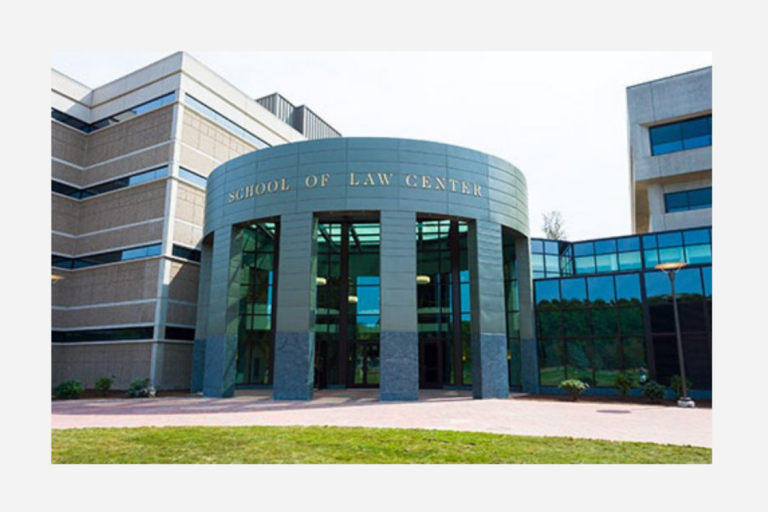The University of Minnesota School of Law has seen the writing on the wall. Against the backdrop of a state government that has been shut down for more than two weeks, the state school says it will consider a transition to private-only funding.
The law school’s dean says he wants to find a way for the school to be self-sufficient without putting an undue burden on students.
“The trend line has been clear, and discussed for many years ⎯ accelerated by the decline in state support,” said Dean David Wippman. “No single individual originated the idea; it simply became clear to senior administration at the school and the university that this was the trend given declining state support for public higher education and rising costs.”
About 12 percent of the law school’s funding, just over $5 million of its $42 million budget, comes from the state. But as the budget crisis continues, the school’s ability to rely on that funding looks evermore remote.
The first law school in the country to make the transition from public to private funding was the University of Virginia School of Law, which achieved financial self-sufficiency in 2003. UVA law school relinquished all financial support from the university, and now covers its entire overhead through tuition and fundraising.
“Now, the Law School generates a level of revenue that gives it the chance to maintain its position in the first rank of American legal education,” former law school Dean John Jefferies, who oversaw the transition, said in a written statement. “The University has one less mouth to feed and receives a significant subsidy from the operation of the Law School every year, so it’s good for us and good for the University.”
The experience at UVA has thus far been successful. A key part of that effort, according to Jefferies, was a publicity campaign to make alumni and the public aware of the changes taking place at the university.
Minnesota will also take on that challenge.
“We anticipate fundraising will improve as word circulates that we now depend almost entirely on private support,” Wippman said. “The principal focus of our current fundraising campaign is money for student scholarships and other forms of students support.”
A successful fundraising campaign will help the school minimize the impact of the tuition hike required by this transition on students, particularly Minnesota residents who paid approximately 20 percent less than non-residents this year. According to Wippman, the disparity between tuition for residents and non-residents will shrink over time, but not disappear.
“We are simultaneously sharply increasing the amount of money we allocate to scholarships for both resident and non-resident students,” Wippman said.
In addition to UVA, University of California Berkeley and University of Michigan, both public universities, receive little to no state funding for their law schools. Arizona State University School of Law also discussed such a transition, but with the recent departure of Dean Paul Schiff Berman, the status of a decision on the issue is uncertain.





